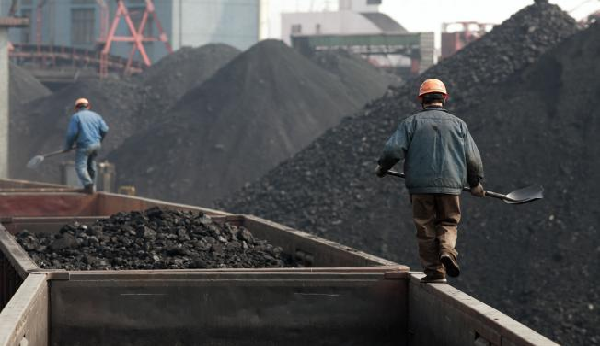It seemed that health issues affect coal miners in China more than accidents do.
A report recently released to the public showed that more than half of the reported patients suffering from lung disease are employees working in coal mines.
Pneumonoconiosis is a form of disease that affects the lungs due to prolonged inhalation of coal dusts.
China Coal Miner Pneumoconiosis Prevention and Treatment Foundation have reported that with the 720,000 employees who were recorded to have pneumonoconiosis, around 440,000 or 62 percent came from the mining industry.
Since the foundation has been established under the State Administration of Work Safety in 2004, it has shelled out more than 113 million yuan ($18.1 million) as assistance to an estimated 125,000 patients who were suffering from black lung disease.
However, the budget allocated does not seem enough to create a dent in the more than six million coal mine workers suffering from the disease in China. Out of this six million, around 90 percent are workers in the rural areas, which do not have the provision or access to get treated.
It does not come as a surprise that pneumonoconiosis or "black lung disease" is prevalent in China. The nation is the world's major consumer, producer and importer of coal.
In fact, recent surveys have showed that more coal mine workers die from lung problems than actual accidents happening in the mines.
According to the State Administration of Work Safety, the number of accidents in mines has decreased in the last 15 years. In 2013, 1,067 mine accidents were reported from the estimated 7,000 that died yearly since 1998.



























